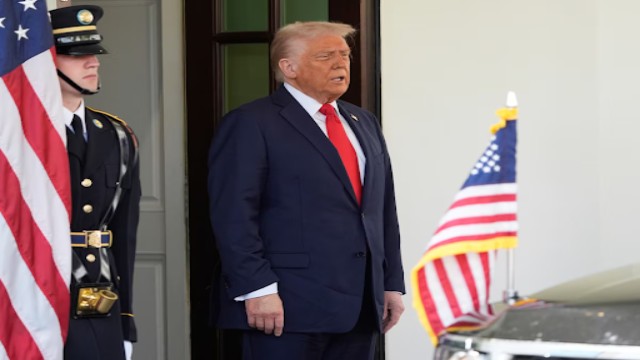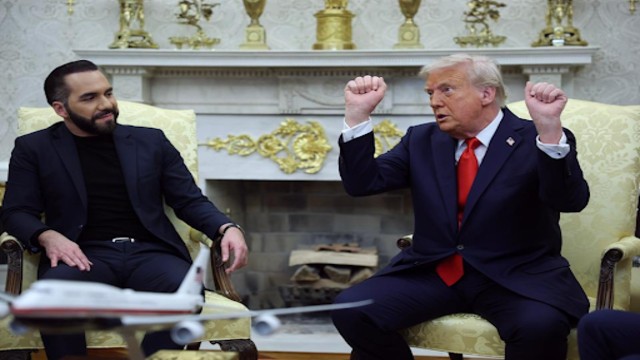
U.S. president-elect Donald Trump announced that Elon Musk, Tesla CEO and X owner, and Vivek Ramaswamy, former Republican presidential candidate, will lead a new Department of Government Efficiency, or DOGE.(Image via CBC News)
President-elect Donald Trump announced on Tuesday that Elon Musk and Vivek Ramaswamy would head a new “Department of Government Efficiency” if he takes office again. Trump stated that Musk and Ramaswamy would help dismantle bureaucracy, reduce regulations, eliminate waste, and streamline federal agencies.
This choice of Musk and Ramaswamy is already sparking discussions, especially because Musk, who runs companies with substantial government contracts, may face potential conflicts of interest. Trump emphasized that this department would “offer advice and guidance from outside government,” though how it would function, or whether Congress would approve such sweeping changes, remains unclear.
In September, Trump initially proposed a government efficiency commission as part of a broader economic reform plan. At that time, he noted that Musk had agreed to lead it if Trump were to return to the White House. Musk, quoted in Trump’s statement, expressed optimism about the initiative, saying, “This will send shockwaves through the system.” Ramaswamy echoed his enthusiasm, posting on social media with his campaign slogan, “SHUT IT DOWN.”
Trump has positioned this efficiency commission as a major effort to cut government costs. On the campaign trail, he pledged that the commission would develop a plan to eliminate fraud and improper payments within six months, potentially saving trillions. Ramaswamy, who endorsed Trump after competing against him in the Republican primary, has consistently advocated for downsizing government. Last year, he even released a detailed plan to give presidents the power to shut down federal agencies, including the FBI and the Department of Education.
Musk, on the other hand, has been vocal about his desire to reduce government regulations. As CEO of Tesla and SpaceX, he proposed evaluating government employees based on productivity, with the possibility of layoffs for those deemed wasteful, along with generous severance packages. Musk reportedly suggested this commission idea in a conversation with Trump in August, later sharing a photo on social media, humorously referring to the proposed department as the “D.O.G.E.” He also promised that if established, the office would maintain transparency by sharing its actions online and tracking the most wasteful government expenditures.
Trump has set an ambitious end date for the department’s work: July 4, 2026, which will mark the 250th anniversary of the Declaration of Independence. He expressed confidence that this effort toward a more efficient government would serve as a fitting tribute.
However, achieving the targeted $2 trillion in cuts is widely questioned. During a recent event, Musk expressed confidence about cutting $2 trillion from the nation’s $6.5 trillion budget. Critics, including former Treasury Secretary Larry Summers and economist Glenn Hubbard, argue that reducing this amount is unrealistic without addressing major spending areas like defense and entitlements.
The proposed department faces significant skepticism. Some experts argue that such “efficiency commissions” rarely deliver meaningful results. Labor organizations, like the American Federation of Government Employees, have criticized the initiative, accusing Musk and Trump of prioritizing personal gain over genuine government reform.















